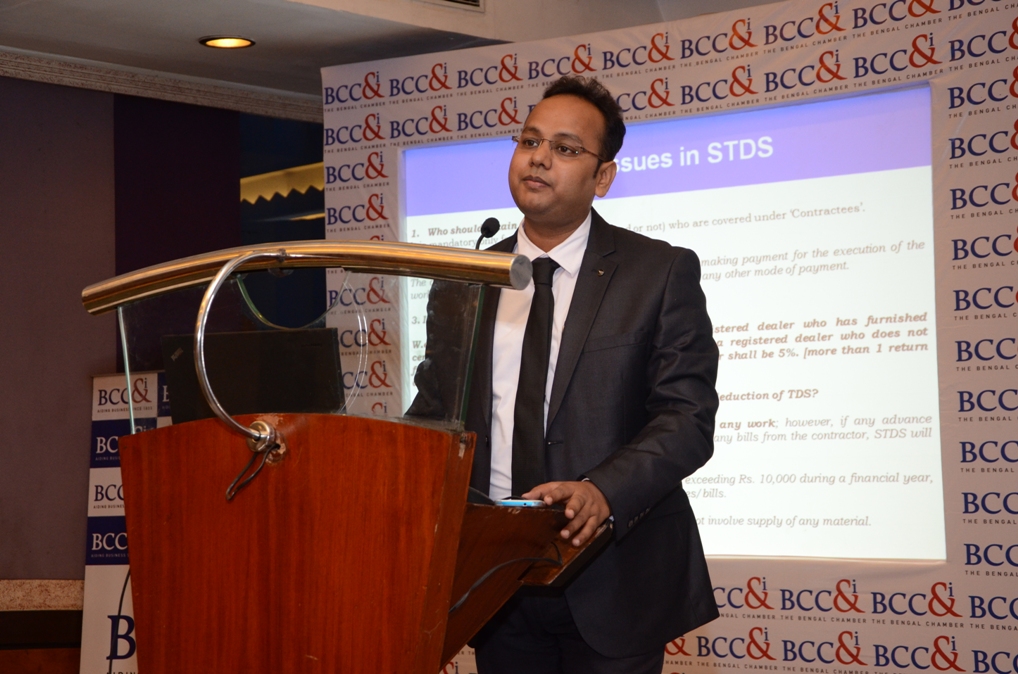The laid down procedure of allowing a maximum of three adjournments per case is not followed in over fifty per cent of the matters being heard, leading to rising pendency of cases, a government panel had said few years back. The panel therefore stressed that the law of three adjournments should be strictly followed to reduce the pendency. The task force was set up by the government to suggest changes in judicial procedures for faster disposal of commercial disputes and to improve the country’s ranking in the World Bank index of ease of doing business. In Tax cases too, taxpayers face this issue especially in case of faceless assessments and appeals that the E-Portal to file submissions close without even rejecting the prayer for Adjournment. The same should not be accepted. However, it is important that the taxpayers follow the correct procedure to ensure that they get justice.
In such cases, it is important that the Petitioner upload their grievance on the e- portal of the Face Less Assessment Centre, stating that they had not been heard and specifically requesting therein for an opportunity of being heard through video conferencing. The taxpayers should also send a copy of their submissions to the Face Less Assessment Centre, as there remains no manner of uploading the same, the portal having been shut for the Petitioner’s case. Thereafter the case can be taken to higher authorities in case a demand is received on the basis of best judgement of the authorities.
In normal course, the Petitioner should avail the alternate statutory remedy of filing an appeal against the order of assessment. However, denial of the principles of natural justice to the Petitioner by not affording a hearing through video conferencing as is envisaged under the provisions of Section 144B of the Act, provides an opportunity to approach The High Court directly u/a 226.
In a similar matter, The Hon’ble Court held that the Authority has not afforded to the Petitioner a fair hearing in the matter. The Authority ought to have either responded to the Petitioner’s request for extension of time, by rejecting the request or at least responded to the Petitioner’s request for an online hearing of the case by video conferencing. Having not given to the Petitioner an opportunity of personal hearing as was required to be done under the provisions of Section 144B of the Act itself, the Court held that that the Respondents have acted in arbitrary manner and set aside Order of assessment passed under Section 143(3)/144B of the Act, notice of demand under Section 156 of the Act and show- cause notice initiated penalty proceedings under Section 270 of the Act.





